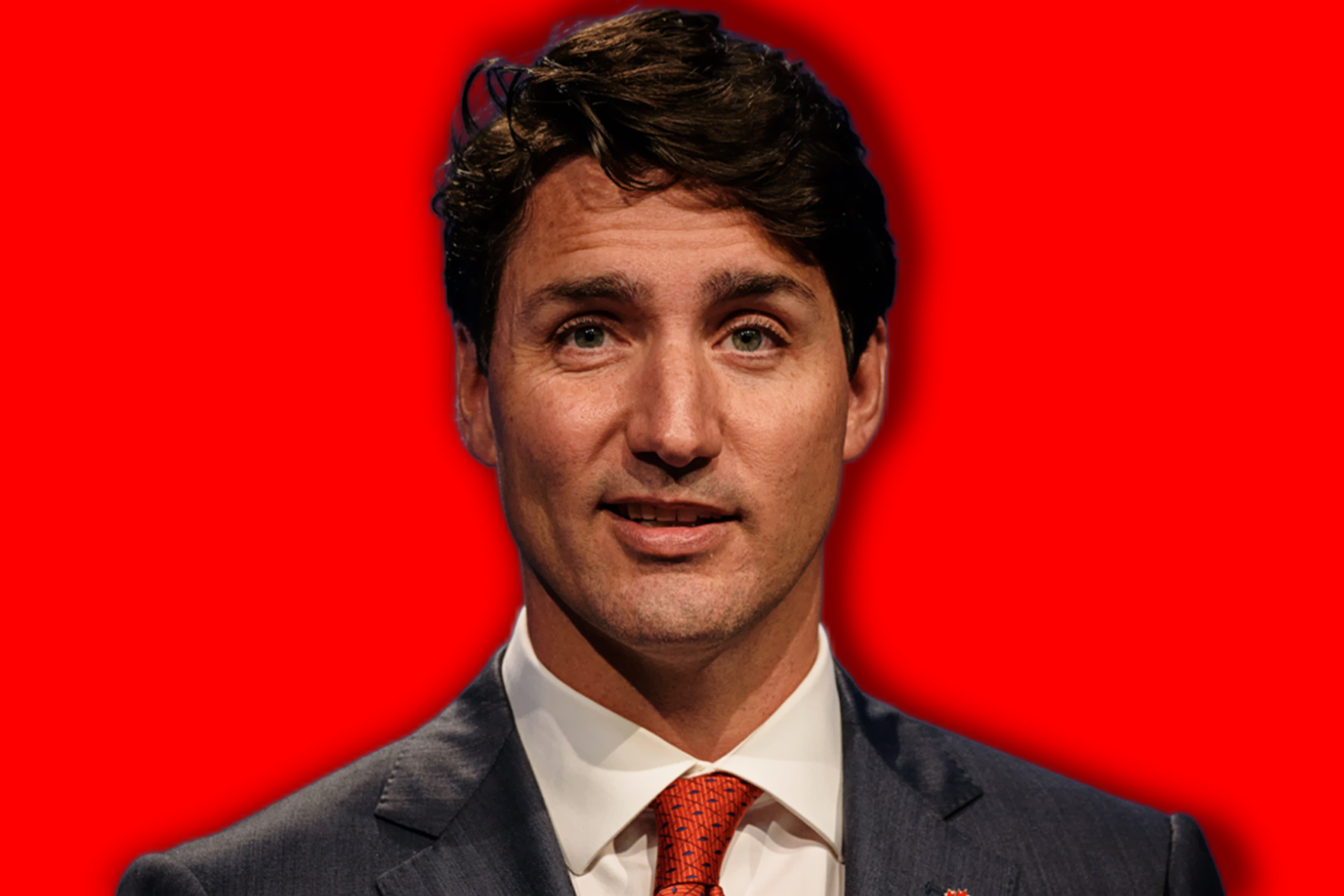
Canada’s Online News Law Restricts Media Freedoms
Does Canada still value freedom of expression? Prime Minister Justin Trudeau’s newest media law would suggest otherwise.
The Trudeau government recently imposed new restrictions on social media companies publishing Canadian media content, calling Canada’s democratic credentials into question. Bill C-18, also called the Online News Act, pushes significant social media companies to pay Canadian news publishers for the sharing of their articles and content on their platforms. The law was meant to promote Canadian news outlets on social media and make it more attractive for local publishers to share Canadian news over foreign (including American) outlets. Instead, it deterred social media companies from allowing them to share Canadian publishers’ content, ultimately restricting Canadians’ access to independent media, given their reliance on social media for news.
The bill is a clear attempt to bolster Canada’s media landscape, which is dominated by foreign outlets and the Canadian Broadcasting Corporation (CBC). The CBC is widely considered a bastion of liberal and anti-American coverage, often printing and broadcasting stories with a tacit liberal bias. This led the Elon Musk owned Twitter to label the CBC “government-funded media” on its platform, irking both the Trudeau government and the CBC, despite its accuracy.
In response to the bill’s passage in June, both Meta and Google have neglected to post stories from Canadian outlets on their platforms, or, as the CBC reported, “blocked Canadians from viewing news from Canadian outlets.” Crucial stories, like news about the devastating wildfires in Northern Canada, have been blocked from social media platforms. Trudeau has begun calling out the two social media companies directly.
In a speech on Prince Edward Island, Trudeau complained that “Facebook is putting corporate profits ahead of people’s safety, ahead of quality local journalism.” What Trudeau isn’t saying, however, is that this problem is of his own making. Meta warned Trudeau they would block access before the law passed, but Trudeau went ahead with the bill anyway.
Canada, ostensibly a capitalist country, cannot expect social media platforms to forget about making money. Social media companies are incurring a cost from this policy and will react accordingly.
With this law, Justin Trudeau has effectively stripped Canadians of their access to global media platforms, with some Canadians being forced to rely on virtual private networks, or VPNs, to access Canadian news on social media. Worse still, the only significant news that social media platforms have not banned from Canadians are, unsurprisingly, news and information shared by government sources. While the law was meant to promote Canadian news outlets, the Trudeau government has instead suppressed them.
Trudeau, through this law, is making government news the primary news source available to Canadians on social media. Shirking responsibility, Trudeau said, “This is Facebook’s choice.”
He could not be more wrong. If the law is not reversed, the bans from social media companies will continue, and more platforms may join the backlash, further restricting Canadians’ media freedoms. Trudeau’s government is already pursuing a settlement from Meta and Google as a result of the law, asking for $234 million in retroactive payments made to Canadian media companies. For now, Google and Meta have said they would comply, but there’s nothing stopping disgruntled companies from packing up and leaving entirely, which would be a tremendous loss for Canada.
The philosophy behind the law stems from decades of leftist anti-American nationalism in Canada. Liberal governments and their supporters, including the CBC, have made suppressing American media, influence, commerce, and politics a key tenet of their governing ideology.
This ideology of resentment undergirds many of Canada’s policy choices, stretching back to the time of Prime Minister Pierre Trudeau, the father of the current prime minister. Pierre Trudeau’s views about Western civilization, rights, and the role of government––much different from his American counterpart Ronald Reagan’s––made him exclude freedom of speech from the new constitution. Instead, he put restrictions on speech for linguistic and security protections, opening the door to hate speech laws and “emergency” measures. Measures sanctioning speech are now in the Criminal Code and punishable by a fine or jail time.
These laws prohibit “public incitement of hatred” and “willful promotion of hatred” against specific categories defined by the Canadian Charter of Rights and Freedoms. Categories include religion, ethnicity, race, gender, disability, and most recently “gender identity or expression,” all punishable by up to two years in prison. In the latter’s case, repeated misgendering and “deadnaming” (using the previous name) of a transgender or “gender-diverse” person could lead to prosecution.
In Canada, freedom of expression can also be restricted in the case of an “emergency,” as defined by the government, by invoking the Emergencies Act. The Act has only been invoked twice outside times of war, both times by the Trudeaus. In both instances, the Emergencies Act was used to restrict the public’s right to assembly and protest, giving power to the Royal Canadian Mounted Police to arrest anyone disrupting the peace and international commerce.
The passage of the Online News Act marks a return of this protectionist urge to guard national identity at the cost of Canadians’ rights and freedoms. But Canada has its own rich legacy of free expression. If the Trudeau family is willing to abandon that legacy just to tell the world that Canada isn’t like the imperialist, regressive United States, then Canada cannot claim to defend liberal democracy. The U.S. has this one right.

